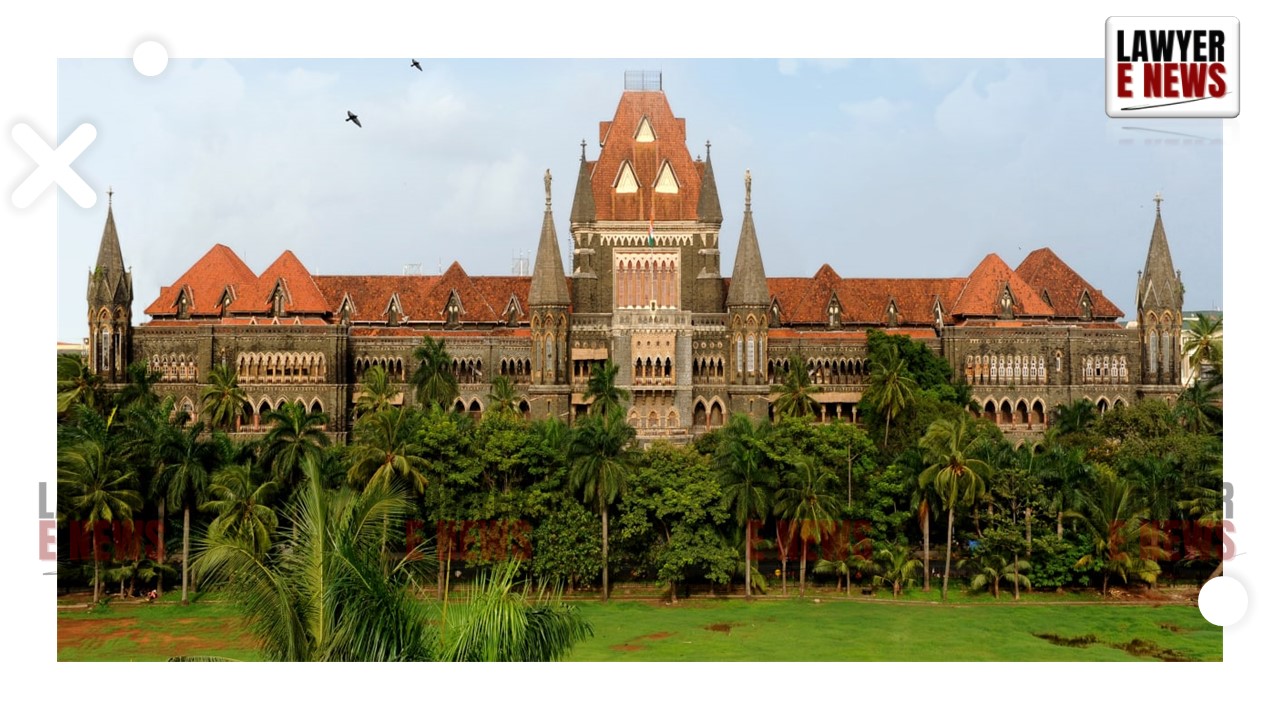-
by Admin
18 December 2025 4:03 PM



In a strongly worded judgment, the Bombay High Court directed Oriental Insurance Company to pay ₹27,13,582 with 7% annual interest to a senior citizen under a health insurance policy, following non-compliance with an Ombudsman’s award issued in May 2021. The bench, comprising Justice M.S. Sonak and Justice Jitendra Jain, dismissed the insurer’s challenge to the award, imposed exemplary costs of ₹1,00,000 for harassment, and called for an internal inquiry to fix responsibility on erring officials.
The case involved Bharat Hirji Dedhia, a 68-year-old cardiac surgery patient, who had been awarded the sum by the Ombudsman after his insurance claim was partially repudiated. However, Oriental Insurance delayed compliance for over three years, citing frivolous objections, forcing Bharat to approach the High Court to enforce the award.
The judgment not only enforced the award but also addressed systemic issues in insurance dispute resolution, recommending stricter monitoring and accountability mechanisms by the Insurance Regulatory and Development Authority (IRDA).
The dispute arose when Oriental Insurance partially repudiated Bharat’s health insurance claim, offering only ₹5,00,000 out of the ₹37,02,293 claimed for life-saving cardiac surgery. Bharat filed a complaint with the Insurance Ombudsman, who, on May 3, 2021, directed the insurer to pay ₹27,13,582, taking into account multiple policies held by him.
Despite Clause 17(6) of the IRDA Notification (April 25, 2017), which mandates compliance with Ombudsman awards within 30 days, Oriental Insurance failed to make the payment. The insurer did not secure a stay on the award or move for interim relief but instead challenged the award in a separate writ petition, citing jurisdictional overreach. Meanwhile, Bharat was compelled to file his writ petition to enforce the award.
The High Court heard both petitions together, with Bharat’s counsel, Mr. Aseem Naphade, accusing the insurer of willful delay and harassment. The insurer argued that the Ombudsman exceeded jurisdiction and questioned the validity of the policy due to alleged non-disclosure of pre-existing conditions.
The Bombay High Court criticized Oriental Insurance for its conduct, stating that it violated both legal obligations and ethical considerations by delaying the settlement of a legitimate claim. Justice Sonak remarked that the insurer’s delay amounted to harassment of a senior citizen and contravened Clause 17(6) of the IRDA Notification, which obligates insurers to comply with awards within 30 days.
On the issue of jurisdiction, the court upheld the Ombudsman’s authority under Clause 13 of the IRDA Notification, which allows it to adjudicate disputes involving partial repudiation of claims, legal construction of insurance policies, and violations of the Insurance Act, 1938. The court noted that the insurer’s argument on jurisdiction was baseless, as Bharat’s claim clearly fell within the Ombudsman’s scope.
The court also rejected the insurer’s argument that the policy was void due to alleged inaccuracies in the proposal form. It observed that the proposal form was unsigned, the premiums were accepted, and the objection was raised as an afterthought. The court further held that the insurer’s challenge to the surgeon’s charges as exceeding “reasonable and customary charges” was equally untenable, as no evidence was provided to substantiate the claim beyond a comparative chart.
Justice Sonak noted that every patient’s medical condition is unique, and the surgeon’s fees were justified in light of Bharat’s health condition and the complexity of his surgery. The court emphasized that the Ombudsman’s findings were supported by evidence and did not warrant interference.
The High Court expressed strong disapproval of the insurer’s behavior, particularly its suppression of an internal email dated June 17, 2021, in which it assured Bharat that payment under the award was being processed. Instead of complying, the insurer filed a writ petition only after Bharat sought enforcement. The court criticized this strategy as a deliberate attempt to evade liability.
The bench underscored the broader implications of such misconduct, particularly for senior citizens reliant on health insurance. It called for stricter accountability measures to prevent similar incidents, emphasizing that procedural lapses and frivolous objections reflect poorly on governance and erode public trust.
The High Court dismissed Oriental Insurance’s writ petition (WP No. 706 of 2024), imposed costs of ₹1,00,000 for harassment, and directed the insurer to pay the full awarded amount with 7% annual interest from July 1, 2021, until the date of actual payment. In addition, the court ordered an internal inquiry to fix responsibility on officials responsible for the delay, mandating recovery of costs and interest from their salaries and adverse entries in their service records.
To ensure compliance, the court directed the Regional Manager of Oriental Insurance to file a detailed report by June 16, 2025. It also forwarded the judgment to the IRDA and the Ministry of Finance, urging them to consider systemic reforms for monitoring and enforcing Ombudsman awards.
This judgment reinforces the binding nature of Ombudsman awards and holds public sector insurers accountable for procedural delays and harassment of policyholders. It sets a precedent for protecting senior citizens and other vulnerable groups from exploitative practices, urging greater transparency and efficiency in insurance claim settlements.
Date of Decision: December 9, 2024
